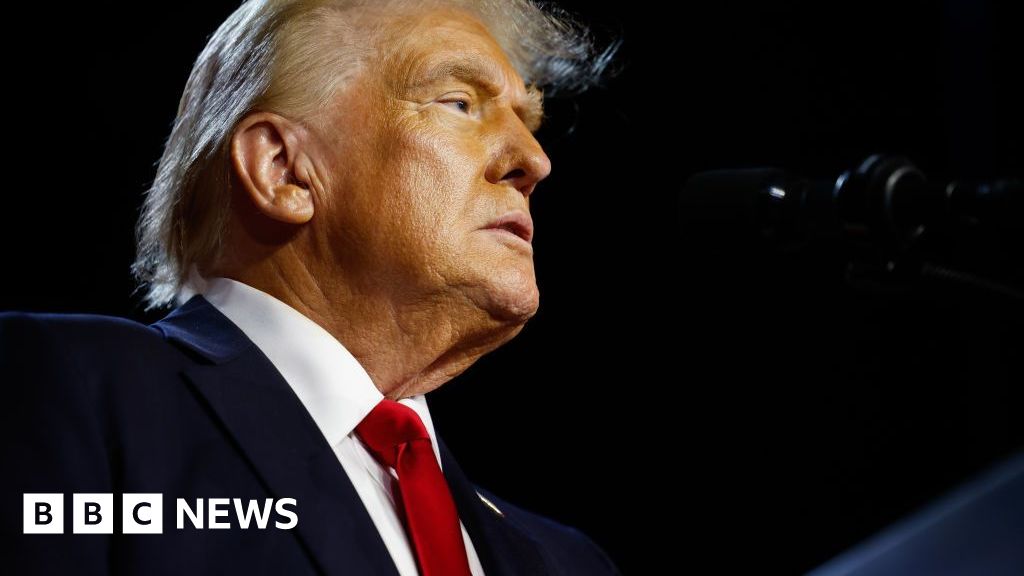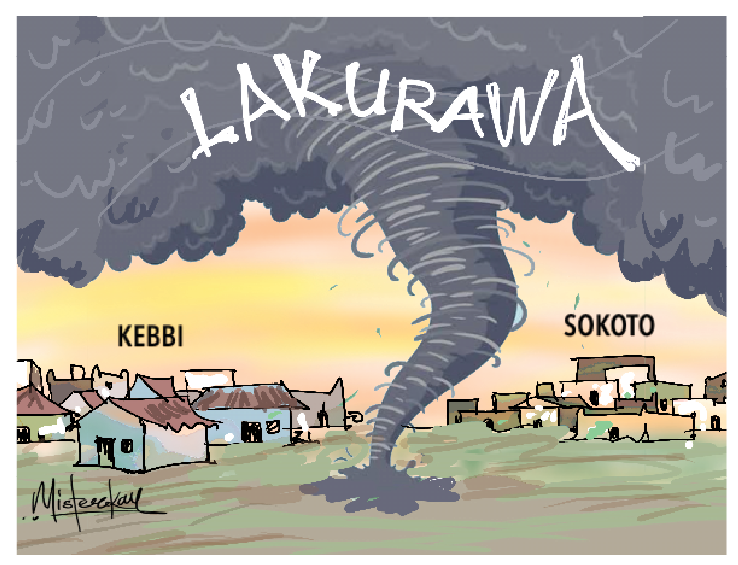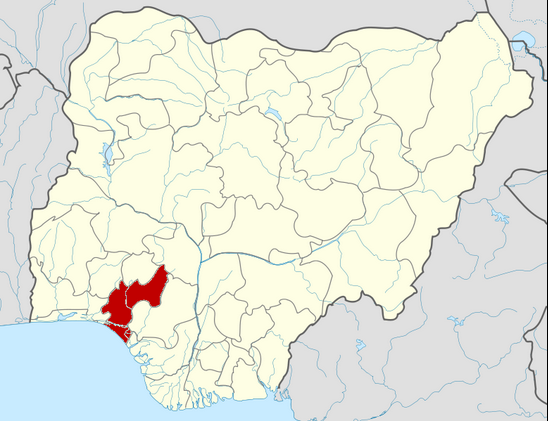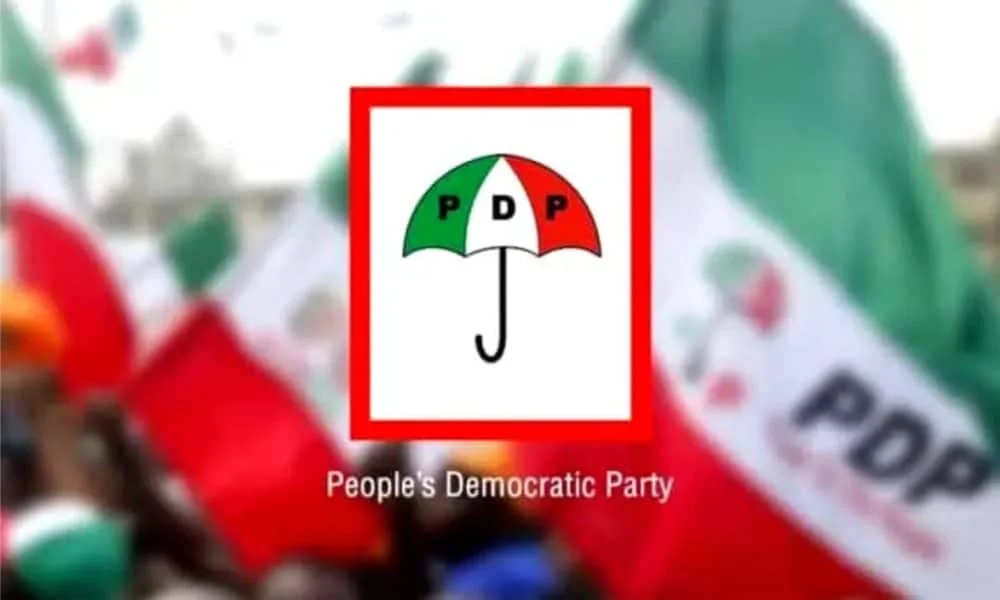The Program Director of the Presidential Compressed Natural Gas Initiative (P-CNGi), Engr. Micheal Oluwagbemi, has announced that the conversion of commercial petrol and diesel-powered vehicles to CNG will now be at no cost to the vehicle owners.
The announcement was made public by the Special Assistant to the President on New Media, Dada Olusegun, via his X account (formerly Twitter) on Thursday evening.
Olusegun wrote, “While we are still basking in the euphoria of the Local Government Autonomy judgement, the Program Director of the CNG Initiative @busanga has, today, declared that the conversion of petrol and diesel-powered COMMERCIAL vehicles to run on CNG is now going to be free of charge.”
He further explained, “This implies that members of NURTW and RTEAN will benefit from a partnership deal with conversion companies that will provide services to them for free.”
In addition, a significant discount will be extended to ride-sharing services such as Uber, Bolt, and Lag-Ride. “Meanwhile, further 50% discount will also be extended to riders such as Uber, Bolt, Lag-Ride, etc. with a provision for installment payments also made available. They can also get their conversion done without paying a single kobo that very day,” Dada added.
The P-CNG initiative is part of the broader effort to promote the adoption of CNG as a sustainable energy source for the future.
The development followed the recent commissioning of 12 CNG stations in Abuja and Lagos by the Nigerian National Petroleum Company Ltd (NNPCL) in partnership with NIPCO on July 4. This strategic move aims to alleviate the burden of high transportation costs on Nigerians following the removal of fuel subsidy by President Bola Tinubu in May 2023.
LEADERSHIP reports that under the Presidential CNG Initiative, NNPCL and NIPCO Gas have entered into a strategic partnership to expand CNG stations across Nigeria. The collaboration is set to establish 35 CNG stations nationwide.
The effort is part of the government’s response to curtail the significant increase in fuel prices, which rose from N197 per litre to N617 per litre after the fuel subsidy removal announced by President Tinubu on May 29 last year, significantly raising transportation costs.

 4 months ago
6
4 months ago
6















 English (US) ·
English (US) ·